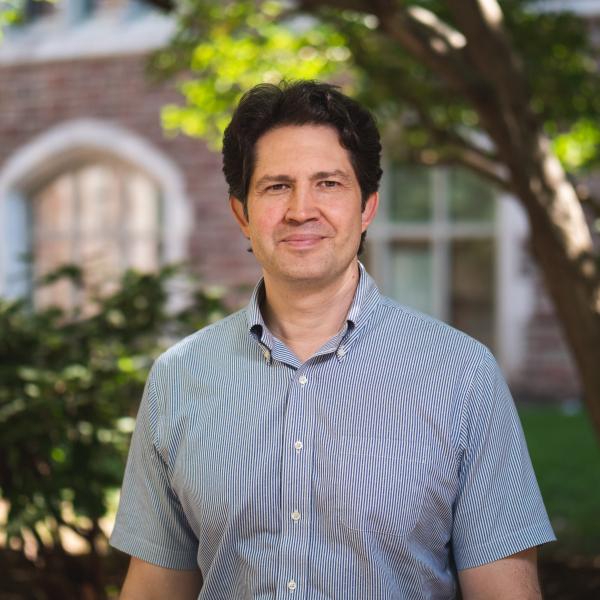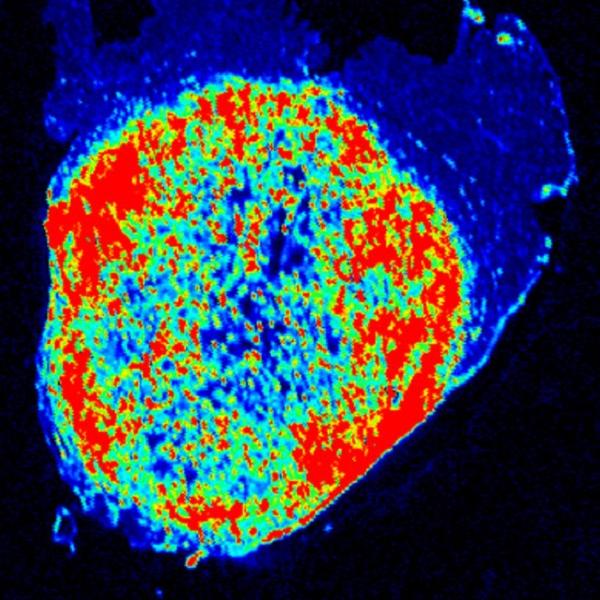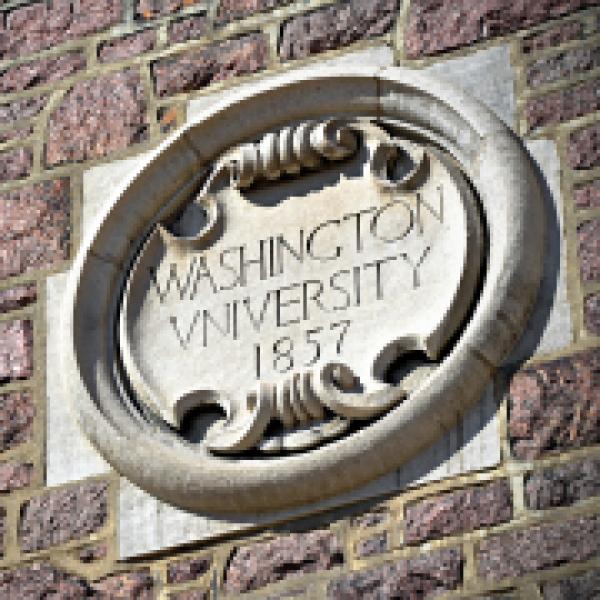Professor Seidel is working on the theory of quantum many-body systems in condensed matter physics. His main interests lie in strongly correlated systems, where new phenomena emerge that cannot be understood even at a crude level without properly taking into account the interactions between particles.
This tends to be the case for systems where particles are constrained to move in less than three dimensions. Examples include quantum Hall systems, quantum magnets and nearby phases of matter such as high-temperature superconductors, and quasi one-dimensional systems such as spin chains.
The challenge in studying these systems is two-fold: To identify the simplest possible description that captures the essence of a given phenomenon, and to develop working calculational tools to study the "simple" models that arise in this way. These tools may involve methods of quantum field theory, numerical methods, and the construction of exact or variational many-body wavefunctions.
One of the primary goals of research into strongly correlated matter is to understand and perhaps predict new paradigms according to which matter can behave such as topological order, which applies to fractional quantum Hall states. These systems are host to a set of remarkable phenomena such as fractional charge quantum numbers and exotic braiding statistics. These properties are interesting both from a fundamental physics viewpoint, as well as for their potential use in building a fault-tolerant topological quantum computer. Recently, Professor Seidel has been exploring new ways to understand the topological orders of fractional quantum Hall systems.





